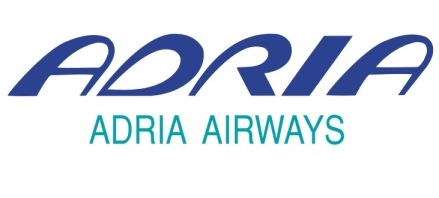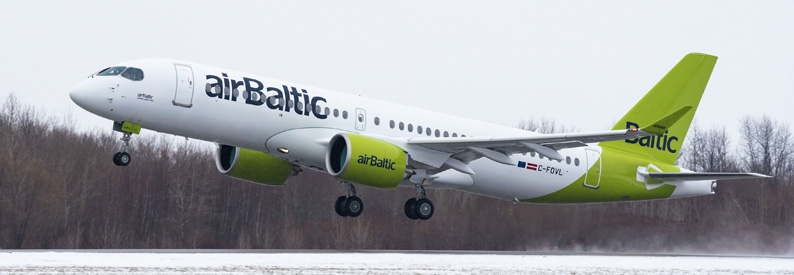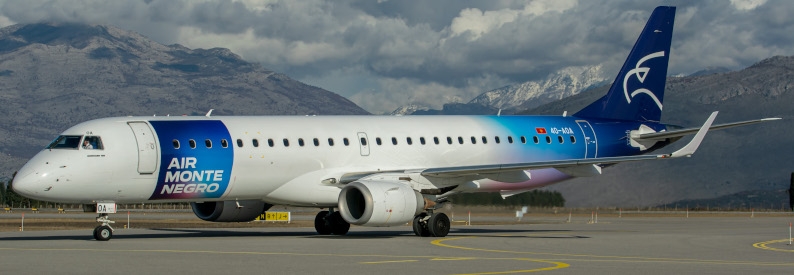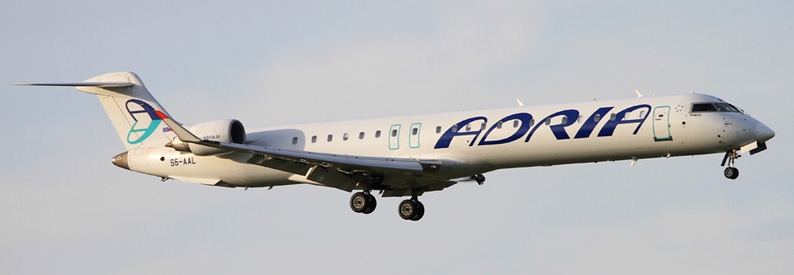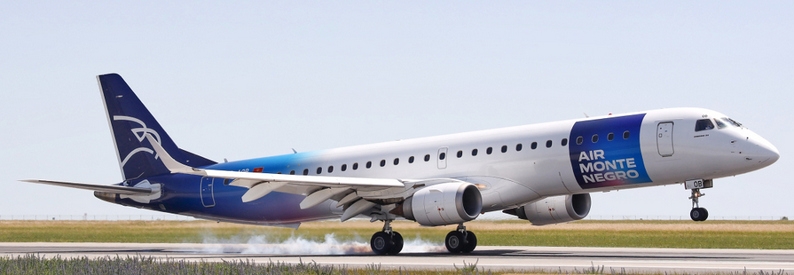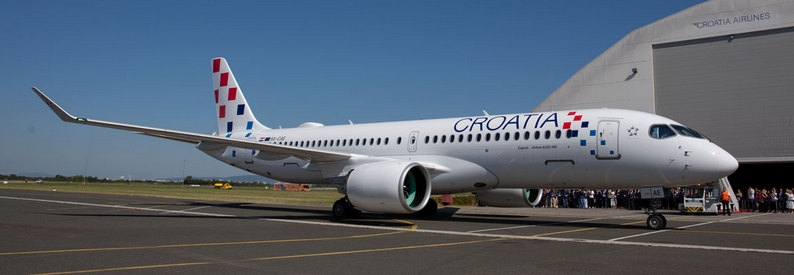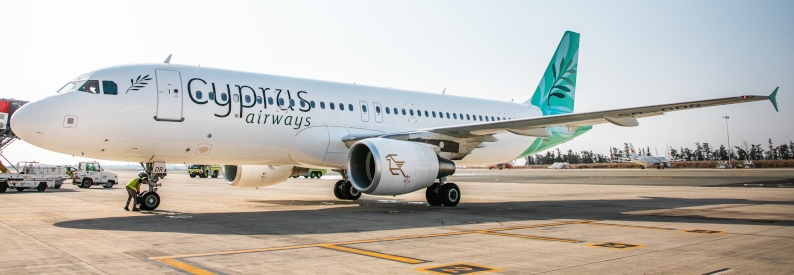Adria Airways (Ljubljana) as well SAS Scandinavian Airlines (SK, Copenhagen Kastrup) and airBaltic (BT, Riga) have all been exonerated by the European Commission of violating its regulations governing state aid. Following investigations into each of the three carriers' financial affairs, the EC concluded that although the support extended them by their respective governments did in fact constitute state aid, it would be offset by their individual restructuring plans which, in addition to allowing them to return to long term viability, would not distort competition in the single European market.
EC regulations state that state aid can only be justified as "legal" if it is accompanied by a restructuring plan and measures to offset any potential advantage the airline may gain over the competition as a result.
Concerning funds extended to Adria by the Slovenian state in 2007, 2009, 2010, and 2011, the EC ruled:
"Adria Airways benefited from three public capital injections in 2007, 2009 and 2010, amounting to around EUR15.2million in total, carried out through the state-owned holding Posebna družba za podjetniško svetovanje d.d. (PDP) and its predecessor Kapitalska druzba d.d. (KAD), respectively. The in-depth investigation has shown that these capital injections were based on reliable valuations and that Adria Airways paid the market price for the capital. The measures therefore provided no undue advantage to Adria Airways and do not constitute state aid."
While EUR50million in funds extended the carrier in 2011 were also ruled to have constituted state-aid given the new competitive advantage they gave Adria, the Commission reasoned that the funds are compatible with its 2004 guidelines given the soundness of the carrier's restructuring program which involved the sell-off of several assets (MRO division Adria Tehnika among them) and a reduction in network coverage.
Concerning a LVL16million (USD30.54million) loan granted Air Baltic by Latvia in October 2011, the EC ruled that while not all transactions relating to the loan constituted state aid, those that were would be offset by the carrier's long-term business plan which includes: withdrawal from certain routes and the surrender of slots all of which will limit the distortions of competition brought about by the aid; reduction in fleet size from 34 to 25 aircraft; reduction in capacity; and providing 49% of the cost of restructuring.
Concerning a SEK3.5billion (USD515million) Revolving Credit Facility (RCF) extended by local banks to Scandinavian Airlines (SAS) and backed by shareholders Norway, Denmark and Sweden in 2012, the EC stated that while the exposure of the states and banks differed, the facility was accompanied by a robust business plan aimed at returning the carrier to profit.
"On this basis, the Commission reached the conclusion that the new RCF was concluded on terms that a private investor operating under market conditions would have accepted. It therefore procured no undue economic advantage to SAS and did not entail state aid. The new RCF was never used and was effectively cancelled on 4 March 2014".
On a related note, European competition commissioner, Joaquin Almunia, has said that he expects a "positive decision" regarding the EC's investigation into a PLN804million (USD270million) Polish government loan to LOT Polish Airlines (LO, Warsaw Chopin) in the middle of last year.
"I can anticipate that one (decision) that is being prepared for the next weeks, I don't know if before the summer break or immediately after the summer break, a positive decision will also be the Polish airline LOT," Almunia told Reuters.
